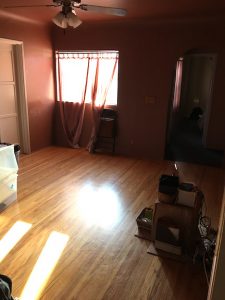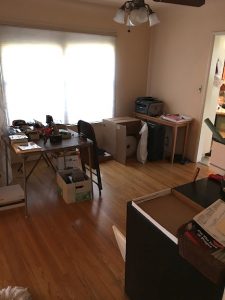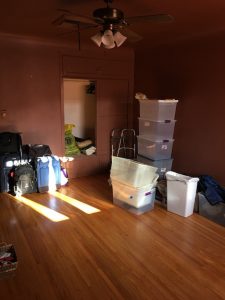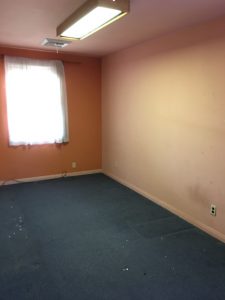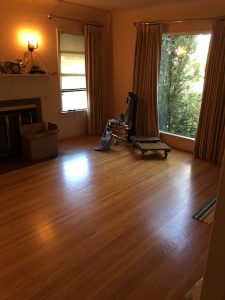Well, we finally made it out of town! After packing the car and finding a place for everything we got in and drove away. Our first stop was in Los Olivos for lunch. 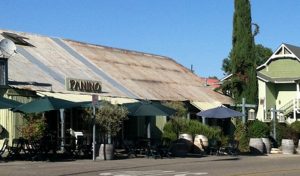 We stopped at a lovely spot, Panino for lunch and had great salads.
We stopped at a lovely spot, Panino for lunch and had great salads. 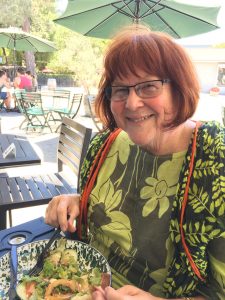
From Los Olivos, we continues north to Morro Bay to stay with our friend Claudia at the Marina Street B&B.
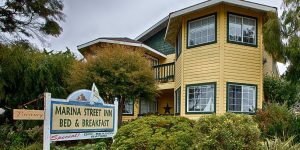 When we arrived, Clauda immediately opened some wine – always a good thing – and we began to relax.
When we arrived, Clauda immediately opened some wine – always a good thing – and we began to relax.
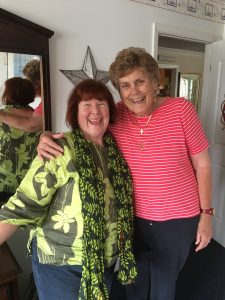
The next several days will be here in Morro Bay relaxing and enjoying our time away.
